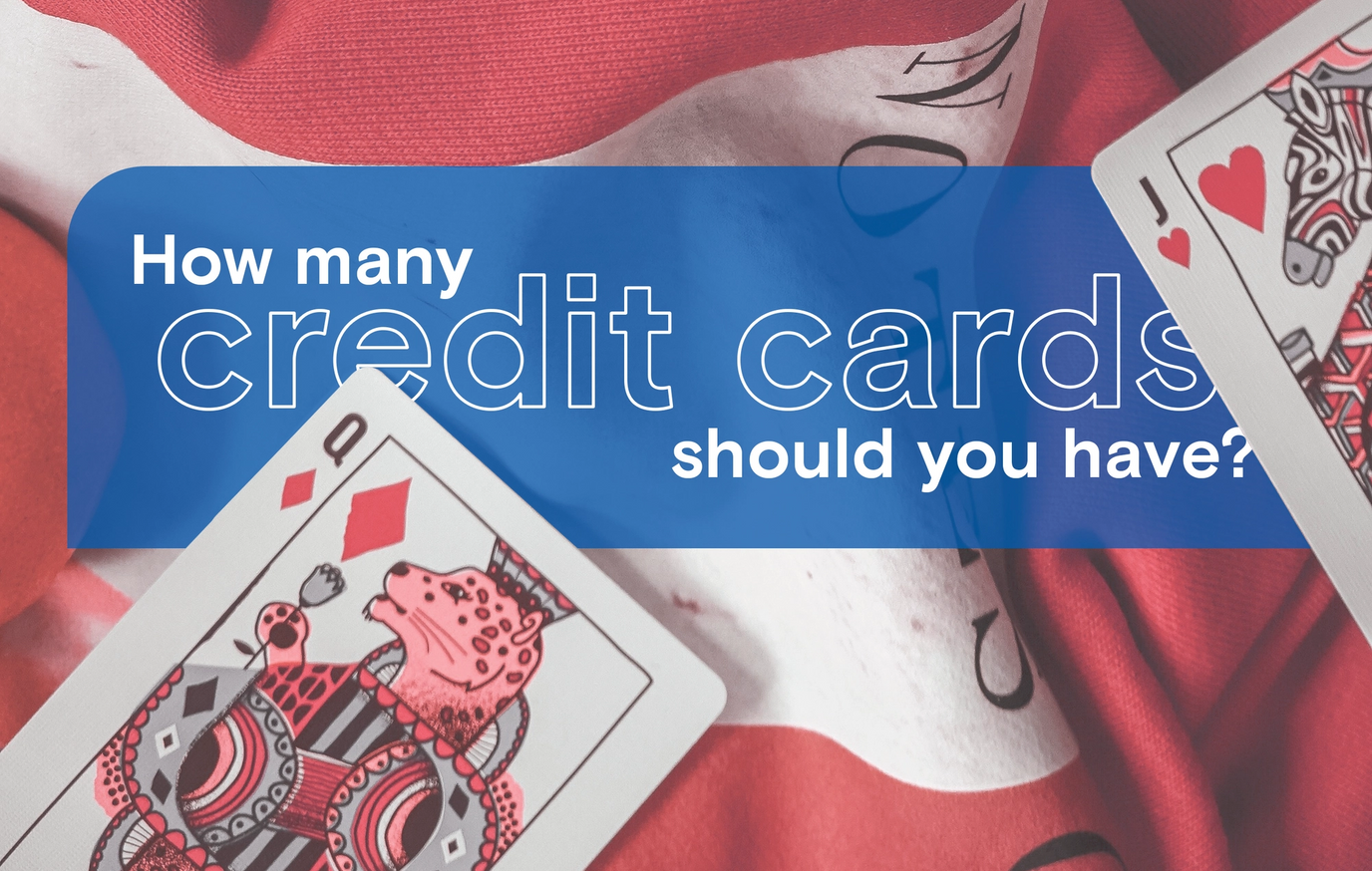There's no magic number when it comes to how many credit cards you should own. Generally, two to three active credit cards is a good starting point for most people, especially when combined with other types of credit like student loans, auto loans, or a mortgage.
Remember this key point: How you use your credit cards matters far more than how many you have. Always make sure you can handle your existing payments before adding another card to your wallet.
Is it good to have multiple credit cards?
Multiple credit cards can benefit you, as long as you use each responsibly.
Your credit score partly depends on your number and variety of credit accounts. If you're aiming for a good credit score, two to three credit cards alongside other credit types is typically ideal. This mix helps improve your overall credit profile.
Lenders like seeing different types of credit on your report. Managing multiple accounts shows them you understand credit and can handle your borrowing responsibly.
Many cards also come with perks. You might get cash back on purchases, travel benefits, or other rewards that match your spending habits.
How multiple credit cards affect your credit score
Having several cards can boost your credit score by lowering your credit utilization rate—the amount of credit you use compared to what's available to you.
Lenders typically prefer seeing utilization below 30 percent. When you open a new card, you increase your available credit, which can lower your utilization rate if you're currently near or above that 30 percent threshold.
The most important thing is keeping track of what you owe. Monitor your spending on each card and watch those due dates to avoid debt, high interest charges, and late fees.
Try to pay off your balances completely each month instead of just making minimum payments.
Issues with having multiple credit cards
Despite the benefits, juggling multiple cards has its challenges. The biggest risk is spending more than you can repay. Managing different interest rates, due dates, and minimum payments across several cards can quickly become overwhelming.
Late payments, charge-offs, and high utilization across multiple cards can seriously damage your credit report.
Before opening another card, make sure you're ready for the added responsibility. Be honest about your spending habits and find a system to organize your finances.
How often should you apply for a credit card?
While multiple cards can help your credit score, don't apply for more credit than you reasonably need.
Each credit card application triggers a hard inquiry on your credit report. Too many hard inquiries in a short time can raise red flags with lenders and lower your score.
Multiple applications might suggest you're taking on more credit than you can handle. Only apply for a new card when it makes sense for your overall financial situation.
How many credit cards are too many?
For most people, managing more than two or three cards can become difficult. But your situation is unique, and there's no strict rule about how many is too many.
What matters most is using your cards responsibly:
Keep track of all your balances
Avoid late fees by paying on time
Try to pay balances in full rather than making minimum payments
Check your credit reports regularly to see what lenders see
You can check your Equifax credit report with a KOHO account.
Finding your credit card balance
The right number of credit cards varies for everyone. Consider your spending habits, organizational skills, and financial goals when deciding what works for you. One person might thrive with five cards, while another is better off with just one or two.
What truly matters is responsible management—paying on time, keeping balances low, and using credit as a tool rather than a crutch. Focus on building good credit habits first, and the optimal number of cards for your situation will become clearer over time.

About the author
Quan works as a Junior SEO Specialist, helping websites grow through organic search. He loves the world of finance and investing. When he’s not working, he stays active at the gym, trains Muay Thai, plays soccer, and goes swimming.
Read more about this author